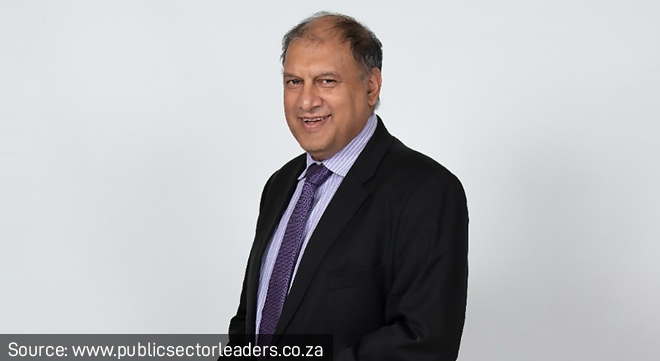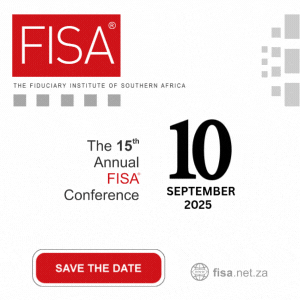A South African delegation will meet with the Financial Action Task Force (FATF) this week to make further representations on the progress being made to address the deficiencies in the country’s anti-money laundering and counter the financing of terrorism (AML/CFT) regime.
The delegation will be led by National Treasury’s acting director-general, Ismail Momoniat (pictured), Treasury said in a statement on 6 January.
South Africa underwent a mutual evaluation (peer review) of its AML/CFT regime by the FATF between April 2019 and June 2021. The final Mutual Evaluation Report was published in October 2021. Since then, the authorities have been working to address the deficiencies that were identified in the Mutual Evaluation Report.
South Africa is required to report to the FATF on the progress that has been made to address the deficiencies.
The South African authorities submitted a Post Observation Period Report to the FATF Joint Group on 28 November 2022. The Joint Group responded with preliminary analysis/comments on 16 December 2022.
On 3 January 2023, the South African authorities provided a revised and updated Post Observation Period Report in response to the Joint Group’s preliminary analysis/comments.
The next step in the process is for the South African authorities to attend a face-to-face meeting with the FATF Joint Group in Rabat in Morocco on 13 January.
The meeting will give the South African delegation an opportunity to respond to any further queries the Joint Group might have, and for the country to present to the FATF on the progress made in addressing the deficiencies that were identified in the Mutual Evaluation Report, Treasury said.
The Joint Group will report to the FATF’s International Co-operation Review Group (ICRG) on the progress that South Africa has made.
The ICRG will make a final recommendation to the FATF Plenary ahead of its meeting from 22 to 24 February.
Grey-listing may have wide-reaching consequences for South Africa’s financial system. Besides causing reputational damage, it could lead to capital and currency outflows, while transactional, administrative and funding costs for banks could increase.
The South African delegation will comprise officials from National Treasury, the Department of Justice and Constitutional Development, the State Security Agency, the Special Investigating Unit, the Financial Intelligence Centre, the South African Police Service, the South African Reserve Bank, the FSCA, the South African Revenue Service, the Department of Social Development, the National Intelligence Co-ordinating Committee, the Companies and Intellectual Property Commission, and the National Prosecuting Authority.




